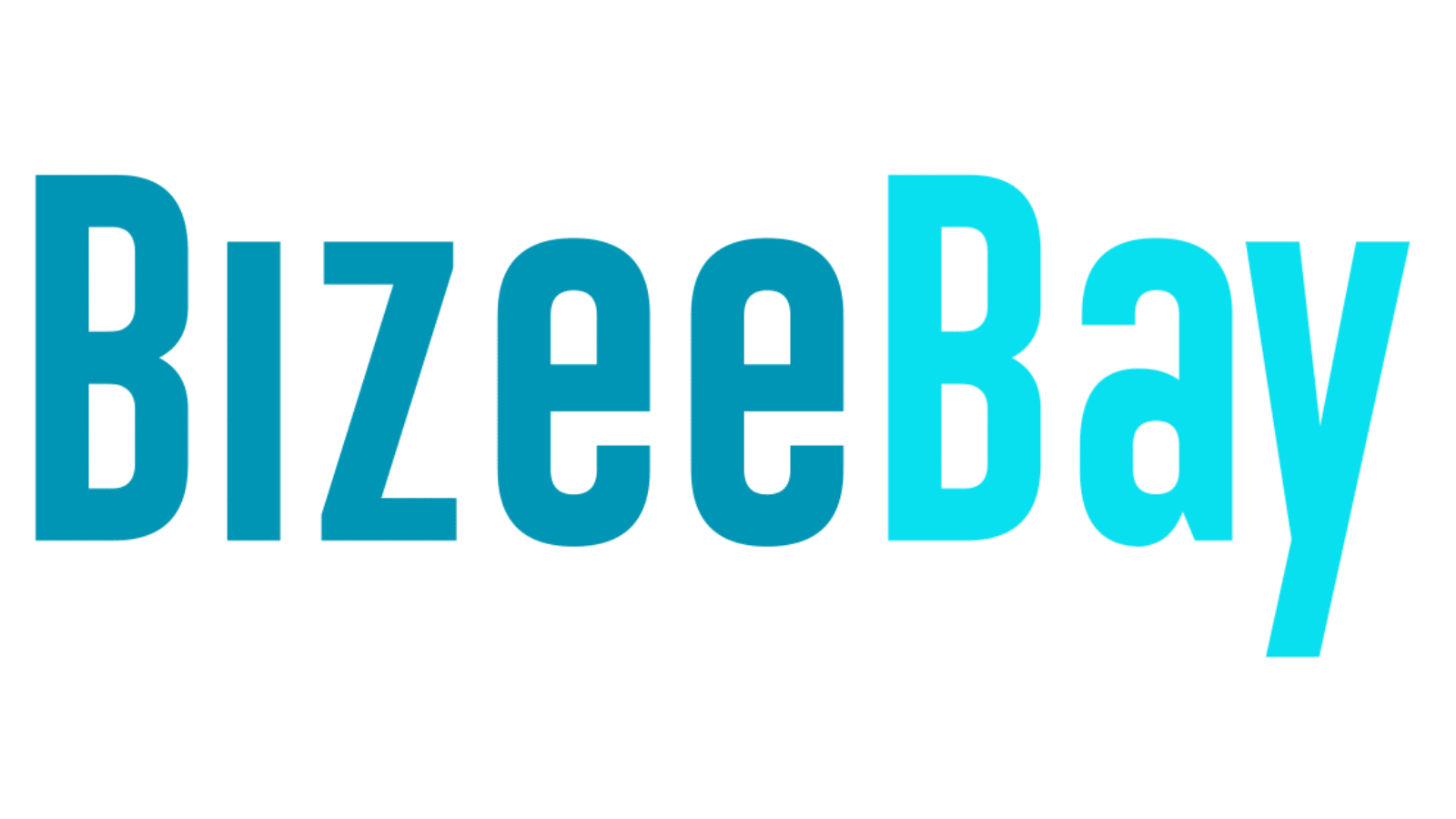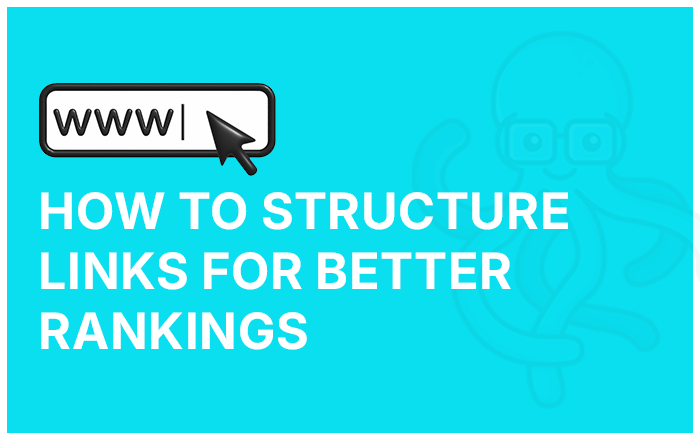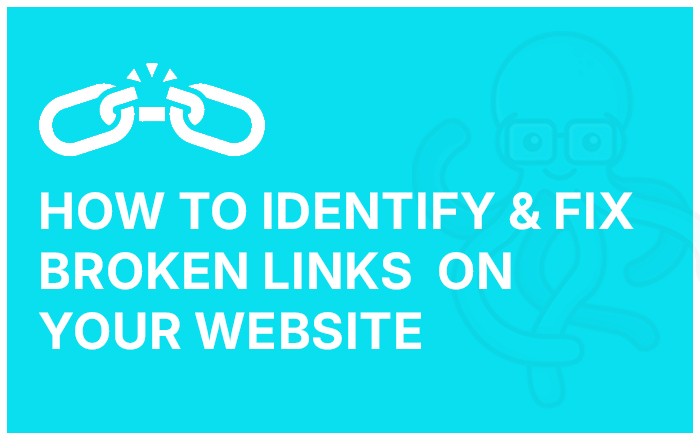Overview of the Leak
A major incident occurred when internal documents related to Google’s Content Warehouse API were inadvertently made public. This leak disclosed extensive information about Google’s internal operations, particularly those connected to the now-defunct Document AI Warehouse. This is the biggest Google SEO leak in history, providing detailed insight into the inner workings of Google’s search engine algorithm. Many of the details that were once considered rumors are now confirmed truths. It is important to stay ahead of this information as search engine professionals around the world will analyze and potentially manipulate it. While we encourage maintaining ethical SEO practices, there is an opportunity to use this leak to our advantage.
We obtained the leak on May 27th, 2024, and immediately analyzed it with the help of AI to summarize and understand the technical details. Below is a general summary that includes external links to resources we found during our research. Anyone looking to learn more about the topics mentioned below is encouraged to explore these links.
Scope of the Exposure
The leaked data revealed a broad array of elements, including ranking factors, user interactions, content storage, and links. Notably, the leak did not include any scoring functions.
Ranking Factors and Features
Extensive Feature Set
The API documentation revealed a vast feature set, consisting of 2,596 modules and 14,014 attributes. These attributes span across several systems, such as YouTube, Assistant, Books, and web documents. While many of these features are linked to ranking factors, not all are directly involved in the ranking process.
Internal Systems and Modules
Complex Infrastructure
Google’s infrastructure is highly sophisticated, functioning on a monolithic repository with shared environments. Key modules like Trawler (responsible for crawling), Alexandria (for indexing), and Mustang (for scoring) are integral to the search process.
Twiddlers
Twiddlers are re-ranking functions that adjust information retrieval scores or alter document rankings after the primary algorithm has run, adding another layer of complexity to Google’s search engine operations.
Misleading Public Statements from Google
Domain Authority
Despite Google’s public denials, the leak uncovered the existence of a “siteAuthority” feature within its internal systems, suggesting a form of domain authority. For more on this, you can read this detailed article from Moz.
Clicks in Rankings
Internal systems like NavBoost use click-driven measures to influence rankings, contradicting Google’s public statements that clicks are not directly used in ranking. Learn more about this topic on Search Engine Journal.
Sandbox
An attribute called “hostAge” is used to sandbox new spam, contrary to Google’s public denials about the existence of a sandbox. Having launched over 500 websites, we have seen the effects of the sandbox numerous times. This leak confirms that our strategies to overcome its effects were justified. For further insights, check out this article on Google’s Sandbox.
Chrome Data
The leaked documents revealed that Chrome data is indeed utilized in Google’s ranking systems, despite public denials. Given Google’s access to user data through its browser, this should not come as a surprise. More information on this can be found on Search Engine Land.
Specific Ranking Features and Demotions
Authors and E-E-A-T
Google explicitly tracks and uses authorship information to assess expertise and authority, aligning with the E-E-A-T (Expertise, Authoritativeness, Trustworthiness) guidelines. For more on E-E-A-T, visit Google’s Search Central Blog.
Demotions
Various demotion factors were exposed, including anchor mismatch, SERP dissatisfaction, poor navigation, and exact match domains. You can read more about these factors on Ahrefs.
Link Analysis
Links remain a crucial element in rankings, with specific metrics dedicated to link value, spam detection, and homepage trust. Learn more about link analysis on Backlinko.
Content and Structure
Document Truncation
Google enforces a maximum token count for documents, emphasizing the need to place important content early in the text. For best practices on content structure, visit Yoast.
Short Content
Originality is evaluated for short content, with a specific score assigned for keyword stuffing. Read more about short content and SEO on Neil Patel’s blog.
Page Titles
Titles are assessed against queries, with a focus on keyword placement, highlighting their significance in search rankings. Check out this guide on page titles for more information.
Dates
Consistency in date formatting across various elements is essential for content performance, according to the leaked documents. For tips on using dates in SEO, see this article on ContentKing.
Technical Insights
Embeddings and Site Focus
Google uses embeddings to measure how relevant a page is to the site’s overall focus, adding a layer of contextual understanding to its ranking process.
Small Sites
There is a flag for “small personal sites,” which might influence their ranking differently compared to larger, more established sites. For strategies for optimizing small sites.
Practical Implications
Enhancing SEO Strategies
To navigate these revelations, SEOs should focus on driving qualified traffic, improving user experience, and building diverse links. Quality content and effective promotion remain key components of a successful strategy.
Continuous Testing and Experimentation
Ongoing testing and adaptation are crucial to keep pace with Google’s evolving ranking systems. By understanding and experimenting with these factors, SEOs can refine their approaches.
Future Considerations
Ongoing Analysis
The SEO community will undoubtedly continue to analyze the leaked documentation, uncovering new insights and developing updated strategies.
Open Questions
Further investigation is needed into specific systems like “Baby Panda” and the exact role of Neural Semantic Retrieval (NSR) features. These elements remain unclear but could significantly impact future SEO strategies. Stay updated with Search Engine Roundtable for the latest developments.
By understanding these aspects, SEOs can better navigate the intricacies of Google’s ranking systems and refine their strategies to align with the newly uncovered internal processes.
Frequently Asked Questions
The Google SEO leak refers to the inadvertent public exposure of internal documents related to Google’s Content Warehouse API. This leak provided detailed insights into Google’s search engine algorithms, internal ranking factors, and other operations that were previously undisclosed.
The Google SEO leak offers SEO professionals a deeper understanding of Google’s ranking factors and internal processes. While it provides opportunities to refine SEO strategies, it’s important to continue adhering to ethical practices and avoid manipulative tactics.
Key revelations include the existence of internal features like “siteAuthority” (suggesting a form of domain authority), the use of Chrome data in rankings, and confirmation of a sandbox effect for new sites. It also highlighted Google’s complex infrastructure, including systems like Trawler, Alexandria, and Mustang.
To improve your SEO strategy, focus on enhancing user experience, building diverse and high-quality backlinks, and creating original, valuable content. Use the insights from the leak to understand better Google’s emphasis on factors like E-E-A-T (Expertise, Authoritativeness, Trustworthiness) and the importance of content structure.
While the information can help refine your SEO strategies, it’s crucial to maintain ethical practices. Avoid deceptive tactics and focus on long-term strategies that comply with Google’s guidelines. Using this knowledge responsibly can enhance your SEO efforts without compromising integrity.
You can explore detailed articles and analyses from reputable SEO blogs and forums. Websites like Search Engine Journal, Moz, and Ahrefs provide comprehensive insights and updates on the implications of the Google SEO leak.










